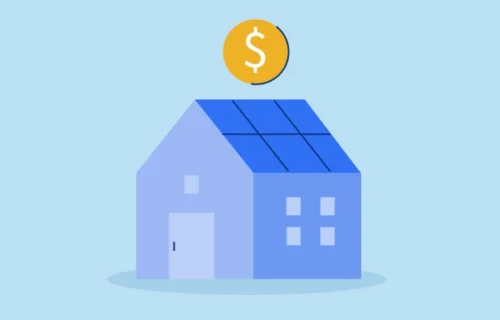
Connect with a Lima One expert today!
If you’d like to know more about this topic or see how it applies to your project, let’s talk.
Understanding Yield Spread Premium for Brokers and Lenders
What is a Yield Spread Premium?
Yield Spread Premium (YSP) is a fee paid by a mortgage lender to a mortgage broker in exchange for offering a higher interest rate on a loan. It is essentially a form of compensation to the broker for securing a loan with a higher interest rate than the borrower qualifies for.
YSP plays a significant role in the mortgage industry as it affects the overall cost for the borrower and the compensation for the broker. Several factors can influence YSP rates, including market conditions, borrower creditworthiness, and the type of loan.
A broker could opt for yield spread premium instead of origination fees for a couple of reasons:
- If the borrower is “fee sensitive”
- To help reduce the amount of funds required at closing
How Yield Spread Premiums Work
Yield spread premiums are most often associated with mortgage brokers. Brokers don’t fund loans directly, but instead shop multiple lenders to find borrowers a loan. They effectively serve as the mortgage retailer.
When a borrower applies for a mortgage, they are quoted an interest rate. However, the lender may offer the broker a lower interest rate, known as the wholesale rate. The difference between the wholesale rate and the rate offered to the borrower is the yield spread premium.
Lenders pay YSP to brokers because they can make more money by selling loans with higher interest rates on the secondary market.
YSP is sometimes used to cover loan costs, so the borrower isn’t on the hook for additional fees. For example, the borrower can finance part of the broker’s compensation as part of the loan. The borrower pays a higher interest rate, and in return, the lender agrees to pay the broker compensation at closing.
Yield Spread Premium and Brokers: The Relationship
Brokers play a crucial role in the YSP process. They act as intermediaries between borrowers and lenders, helping borrowers find the best mortgage rates and terms.
YSP directly impacts a broker’s compensation, just as points on the origination fee do. The higher the YSP, the more compensation the broker receives. However, brokers need to make sure that this structure best serves their borrowers and their financing needs.
One of Lima One’s senior broker consultants put it this way: “In a high interest rate environment, YSP isn’t really a good option unless you have a strong cash flowing rental property. Increasing the rate on the rental will lower the debt service (DSCR) on a loan and may end up reducing leverage, so brokers need to be careful when rates are higher.”
Other Components of Yield Spread Premium
Debt yield is an important metric for lenders as it helps them assess the risk associated with a particular loan. Debt yield is a measure of the return a lender receives relative to the outstanding debt on a property. It is calculated by dividing the property’s net operating income (NOI) by the loan amount.
A higher debt yield ratio indicates lower risk for the lender, making the loan more attractive.
It’s important to note that yield spread premium and yield to debt are different.
While yield spread premium is the difference between the interest rate charged to the borrower and the wholesale interest rate offered to the broker, yield to debt is the measure of the return a lender receives relative to the property’s outstanding debt.
Conclusion
Yield Spread Premium (YSP) is an important concept in the mortgage industry. It affects the overall cost of borrowing for borrowers and the compensation received by brokers. Therefore, understanding how YSP works is essential for both borrowers and brokers.
Finding the right broker can also lead clients to a private lender like Lima One that can provide you with the financing you need to buy an investment property.
Here are some benefits of brokers partnering with Lima One:
- Access to more financing options: Traditional lenders may not be able to provide you with the financing you need for an investment property like a single-family rental or a fix and flip
- More flexible terms: Lima One has more flexible terms than traditional lenders, and we’re able to work with borrowers on loan terms and rates to find the right solution for their financing needs.
- Quicker closing process: We’re able to close loans quickly, often in as little as a few weeks. This can be helpful if you’re in a hurry to buy property.
Regardless of your real estate investment strategy, Lima One is the lender you can count on. Contact us today to discuss your next deal.
Subscribe for More Insights
Get the latest industry news & Lima One updates.









